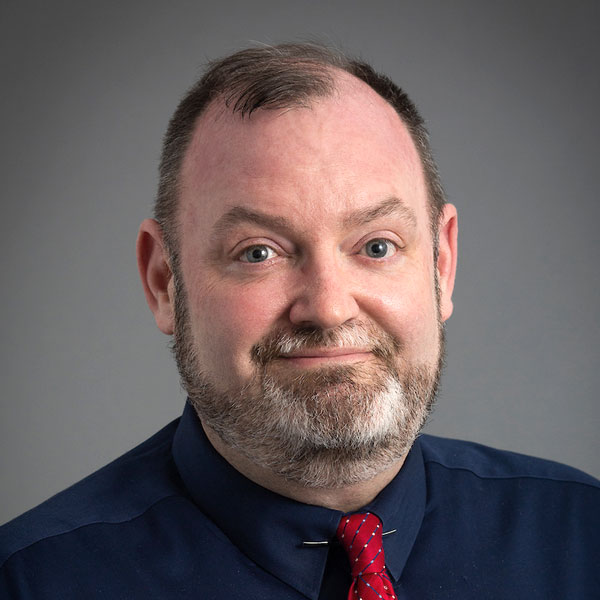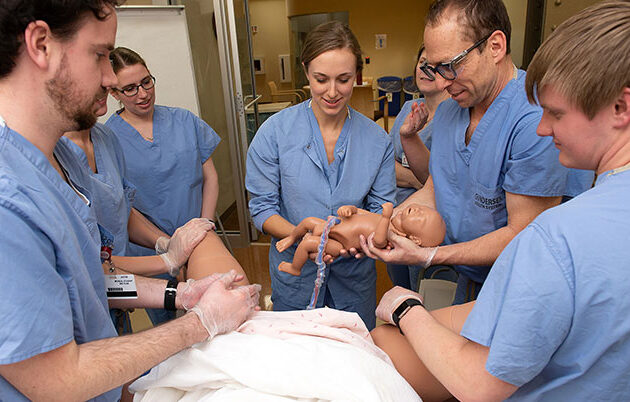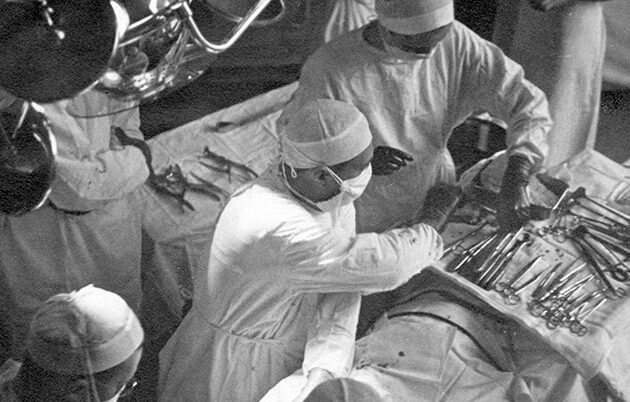The Madison and Milwaukee regions were recognized for their potential to grow into global leaders in biohealth and personalized medicine. The University of Wisconsin School of Medicine and Public Health proudly joined a coalition of academic institutions and industry leaders led by BioForward — a Wisconsin based biohealth advocacy organization — to achieve this breakthrough.
Gina Raimondo, PhD, JD, the U.S. secretary of commerce, described the Technology Hubs Program as “supercharging our existing innovation foundations, bringing together our premier research institutions with world-class companies to create good-paying jobs in these communities, and ensuring the technological advances that define the next century are made in communities across America.” Our selection from nearly 400 regions allows us to compete for $70 million in federal funding to support technology, commercialization, and workforce projects that will bolster Wisconsin as a leader in medical innovation.
Following the announcement, Technology Hubs Program Director Eric Smith, JD, shared Wisconsin’s grade of “A+++” for the collaborations noted in our proposal. This reflects a spirit among faculty and staff that drives innovation, commits to health equity, and demonstrates the impact of collaboration with industry partners.
Notable is the 40 years of groundbreaking work by our Departments of Radiology and Medical Physics with GE HealthCare (GEHC). In November 2023, the UW School of Medicine and Public Health and GEHC renewed their partnership for another decade to cover nearly $30 million in research. This is the Wisconsin Idea in action — brainstorming patient-centered solutions to be pioneered at UW Health, and then rapidly deployed to health systems around the world. Today, innovative theranostics work is building off this collaborative history and paving the way for future treatments.
Another example dates to 2000, when Richard Moss, PhD, emeritus senior associate dean for basic research, biotechnology, and graduate studies, and Gail Robertson, PhD, professor of neuroscience, realized the local biotechnology industry’s significant need for skilled scientists. Conversations with industry leaders and then-Governor Tommy G. Thompson, JD, resulted in the founding of the UW School of Medicine and Public Health’s Master of Science in Biotechnology Program, which offers a unique curriculum taught to diverse working professionals. The impact of the program’s nearly 500 graduates amazes me. Further, relationships formed with biotechnology industry representatives through this program led to the creation of our school’s Office of Biohealth Industry Partnerships, which I lead.
The UW School of Medicine and Public Health has responded to growing demands from industry partners with initiatives that bolster clinical research and translational innovation. For instance, through the UW Clinical Trials Institute — led by Elizabeth “Betsy” Nugent, MSPH, CCRP, director, clinical trials development and accreditation, and Nasia Safdar, MD, PhD (PG ’00), associate dean for clinical trials — the school has more than doubled its portfolio of industry-sponsored trials. Further, the soon-to-open UW Health Eastpark Medical Center will increase patients’ access to clinical trials.
UW Health and the UW School of Medicine and Public partnered to launch the academic medical center’s first medical innovation hub, the Isthmus Project. Led by medical physics entrepreneur Thomas “Rock” Mackie, PhD, and Chief Innovation Officer Elizabeth Hagerman, PhD, the project provides mentoring and capital investment in novel ideas. It has served more than 160 innovators, representing 32 specialties and 54 subspecialties.
Within the UW School of Medicine and Public, I believe the most influential factor in collaborations is the world-class work being done to support health equity. With the formation of the Center for Health Disparities Research in 2019, under the leadership of Amy J.H. Kind, MD ’01 (PG ’07), PhD ’11, associate dean for social health sciences and programs, we offer an unprecedented, accessible tool: the Area Deprivation Index (ADI), which puts data about social determinants of health in the hands of physicians and researchers across the United States. For instance, Epic Systems has employed the ADI within its software.
Having Wisconsin recognized among the nation’s most promising, technology driven economies was an achievement made possible by countess professionals whose vision and commitment to excellence are part of our school’s history. I welcome thoughts on how to broaden our portfolio of research and innovation services, and I look forward to sharing even more success!
More about Wisconsin’s designation as a Regional Tech Hub for biohealth


